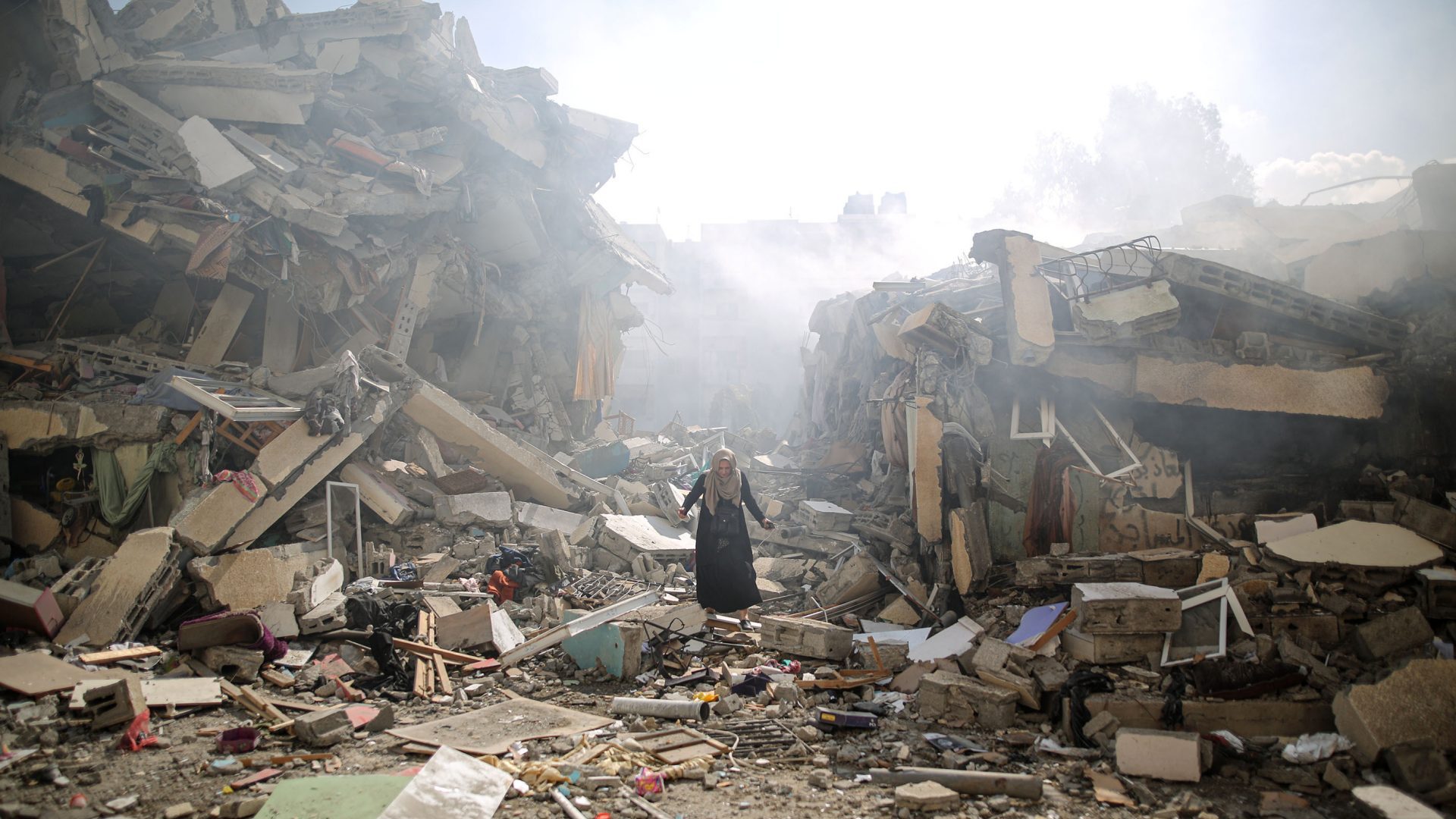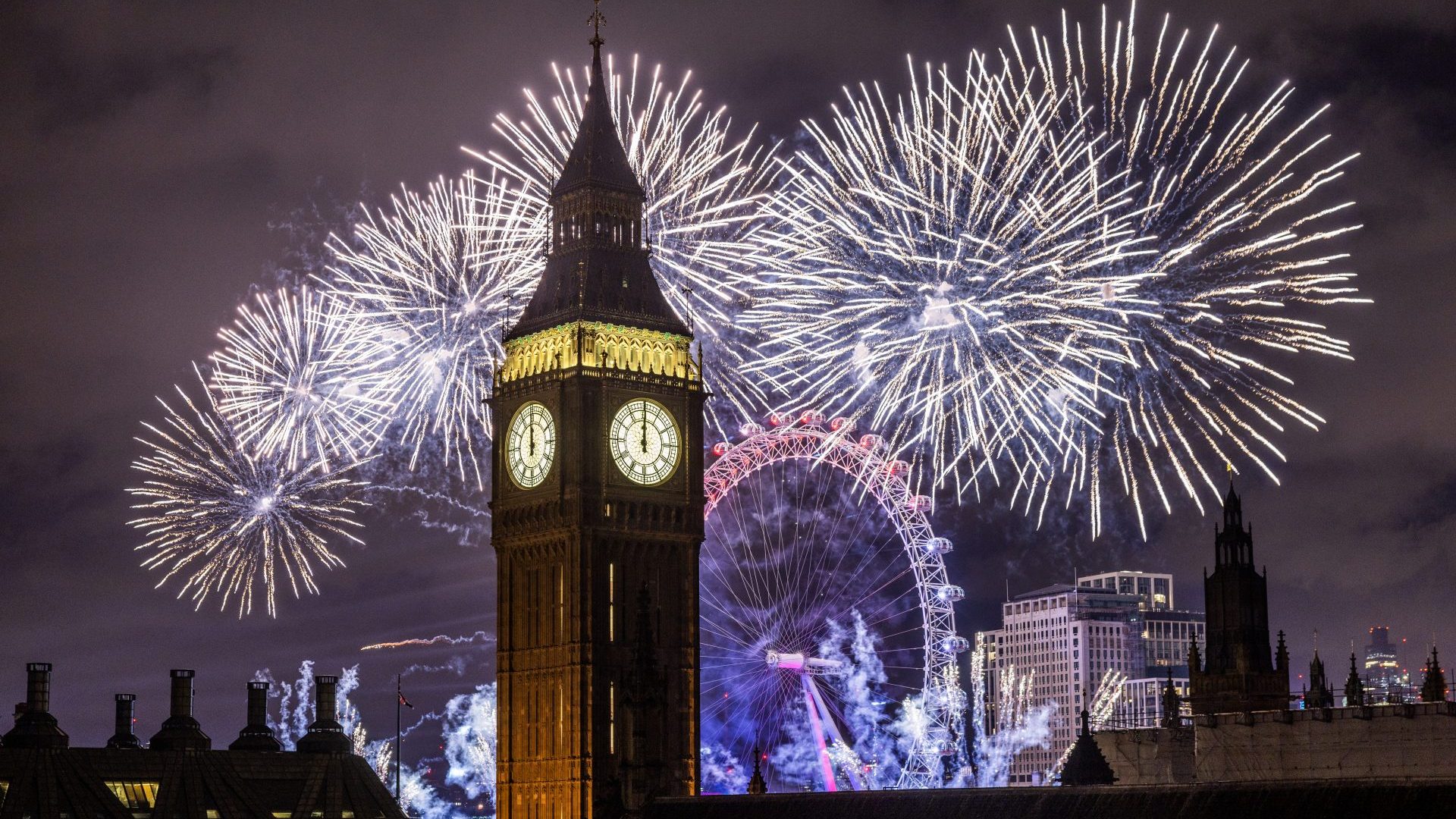It looks like Israel’s attempt to crush Hamas is faltering, at the cost of thousands of innocent lives and a collapse in western diplomatic credibility. Israel has a right to defend itself against Hamas, to rescue the hostages and to bring the perpetrators of 7/10 to justice. But it looks to be failing on all three counts.
For certain the next phase of its ground operation, aimed at three refugee camps south of the Gaza River, will produce more prisoners, more discovered tunnels and arms caches.
But the strategic defeat of Hamas is not possible without the occupation and stabilisation of Gaza – which means the end of high-intensity fighting, the introduction of patrols, a police force and the rule of law.
The IDF cannot deliver this; nor can the Palestinian Authority or the UN. That’s why, when this crisis started, I argued that Israel should not attempt a large-scale ground operation in Gaza, no matter what the justification.
And it’s why Benjamin Netanyahu keeps refusing to define Israel’s war aim. Over the past two weeks, he has reportedly blocked meetings with his own intelligence and military chiefs demanding to know the desired end-state of the operation. Instead, the Israeli right remains mesmerised by the fantasy of forcing Palestinians out of Gaza, both into Egypt and on to refugee ships bound for the west.
Meanwhile, having restrained Israel from attacking Hezbollah in Lebanon, the US State Department now has to restrain itself – from getting sucked into a forever war of air strikes against the Houthi rebel regime in western Yemen. And it is right to do so.
I sympathise with the European political leaders who pledged, from the get-go, that they would move in lockstep with Biden during the crisis. For one reason, the security of Europe depends on American goodwill; for another the major European countries will always have greater clout in the Middle East when aligned to the US, rather than when freelancing.
For similar reasons I agreed with Keir Starmer’s strategy of staying aligned with Washington: he could become PM while this crisis is in its hot phase, and it does nobody any good, including Palestinian civilians, to throw away diplomatic capital for the sake of pleasing a minority of his backbenchers. But the IDF’s impasse, and the perils haunting the region, mean it’s time for western leaders to draw red lines and exert pressure more openly on Tel Aviv.
The most obvious red line would be any Israeli attempt to drive Gazans across the border into Egypt. Nato bombed Serbia over its attempt to ethnically cleanse Kosovo; any collusion with attempts to clear Gaza permanently of its Arab population would destroy western moral authority in the region for several generations. And in case it is not obvious: Israel’s security depends on that moral authority, and on America’s willingness to use force to support the fragile architecture of security.
Permanently alienating Jordan and Egypt, alongside an Iraqi government that has now demanded US withdrawal, would not just be a disaster for Washington. It would leave Israel reliant on America’s permanent willingness to project armed force – which is not guaranteed.
I have argued throughout that, after the October 7 atrocity, there can be no peace with Hamas. But the fight against it has to become a counter-terror operation, carried out as much by Israel’s allies in the region as by the IDF, and while minimising risks to civilians. Now, western governments have to be prepared to place physical limits on Netanyahu’s ability to manipulate the crisis to keep himself in power. The USA sanctioned “dozens” of Israeli extremists involved in West Bank violence in December, but refused to publish their names.
The logical next step might be a UK or French-led naval operation to deliver aid into Gaza by sea: something the British MoD is said to be planning for, and which – if executed unilaterally – would signal the limits of Netanyahu’s veto over western humanitarian efforts. In addition, there must be an international stabilisation plan for Gaza. Israel has scant expertise in post-conflict stabilisation, and its government lacks the will even to contemplate it. Yet we know stabilisation is the key to ensuring that regions destroyed by war do not spiral into state failure and, ultimately, strategic defeat.
Only three forces in the world will benefit if the Gaza conflict goes regional: Iran, Russia and their political proxies in the west, who have metastasised into a single force during this crisis, drawing in the far right, much of the far left and Islamism. That’s why de-escalation remains the correct strategy, even if the US Navy has to take down Houthi missiles one by one, instead of obliterating their launch sites and command centres.
The strategic priority, in countering the game of empire being played from Tehran and Moscow, is to arm Ukraine to the point where it can defeat Putin’s armies and trigger the collapse of his regime. This is entirely within our power, and carries risks that are quantifiable and acceptable.
The risks arising from Israel-Gaza are unpredictable and vast. A mixture of reckless interventions and strategic paralysis has left a trail of failed or failing states from Afghanistan to Libya. We don’t need another one, either in Lebanon or the Red Sea.
I’ve argued that the route to a ceasefire in Gaza lies not through rhetorical demands for it, but through diplomatic pressure. But if the pressure is not working, it needs to become harder and more public.
Because a total collapse of the civilian infrastructure in Gaza, followed by a forced exodus of the survivors would leave fingers pointing at the west, not its enemies.




